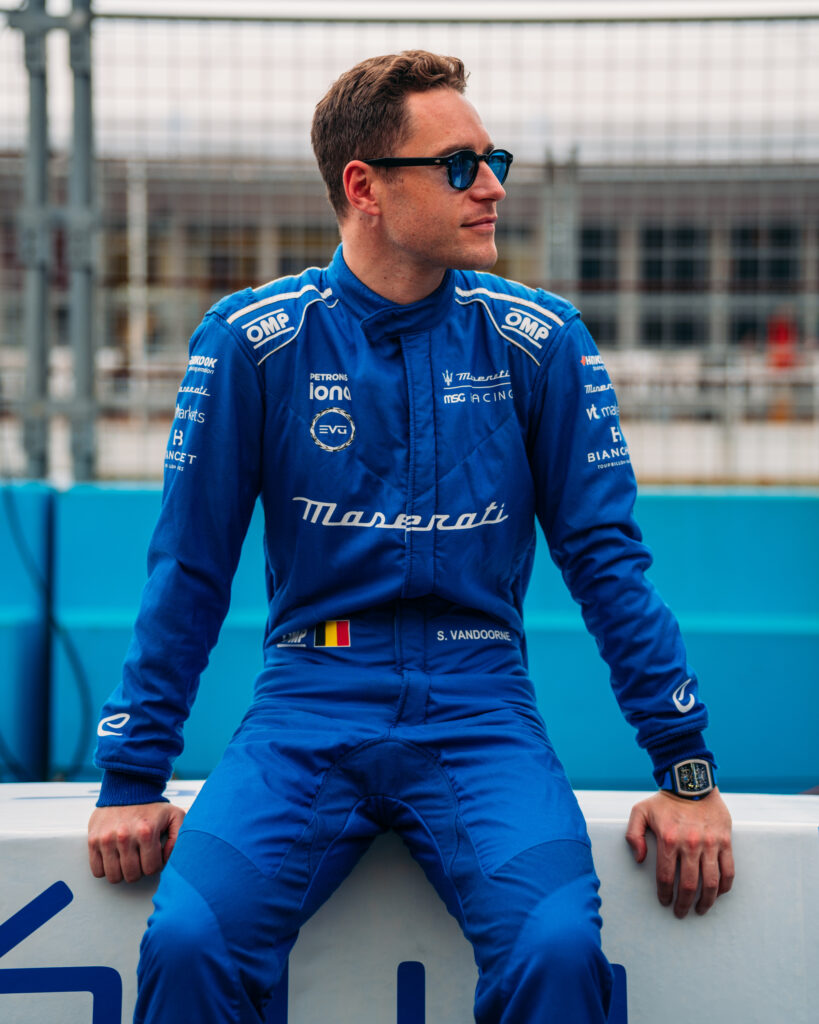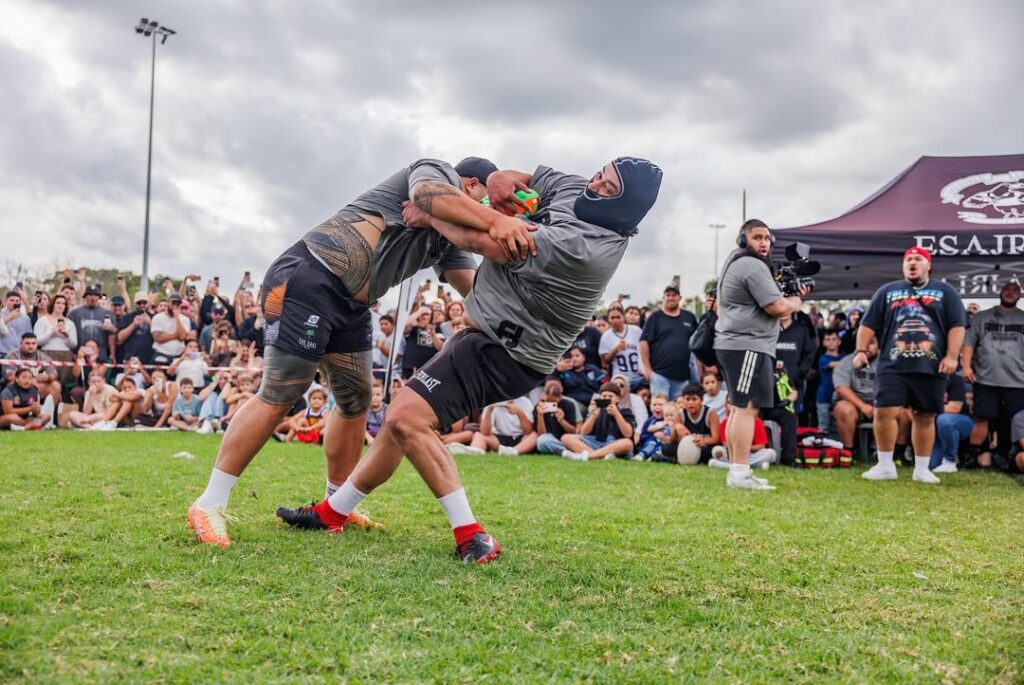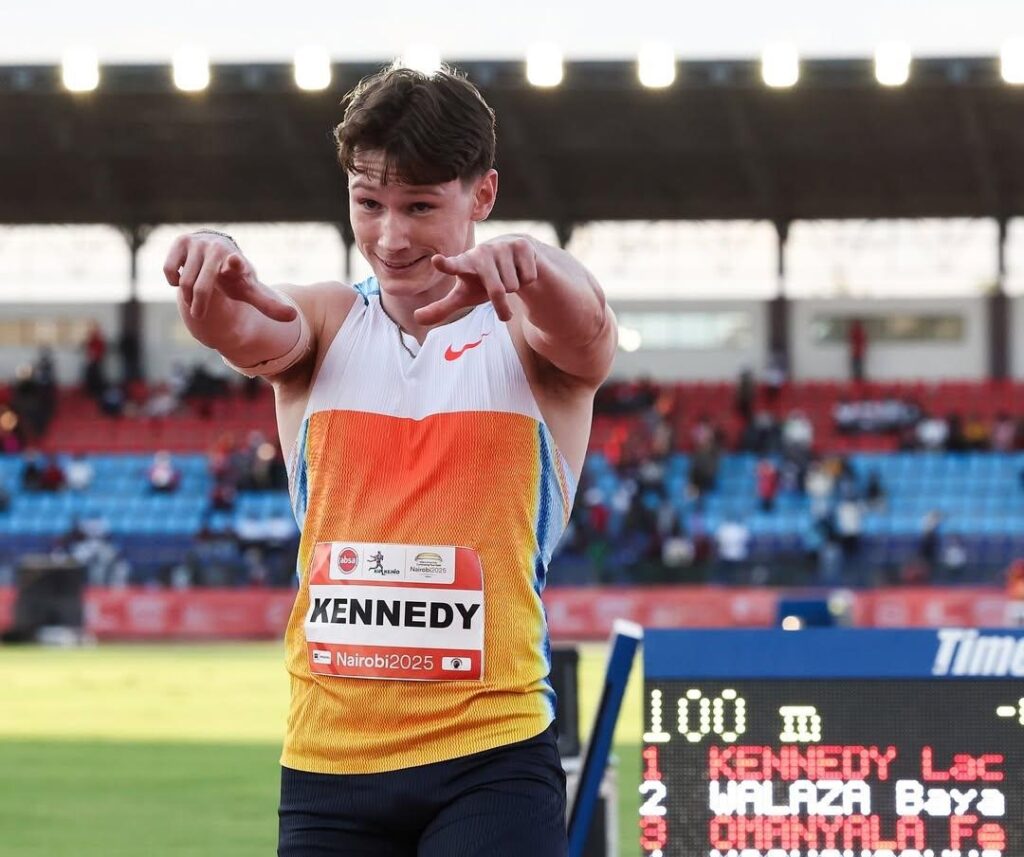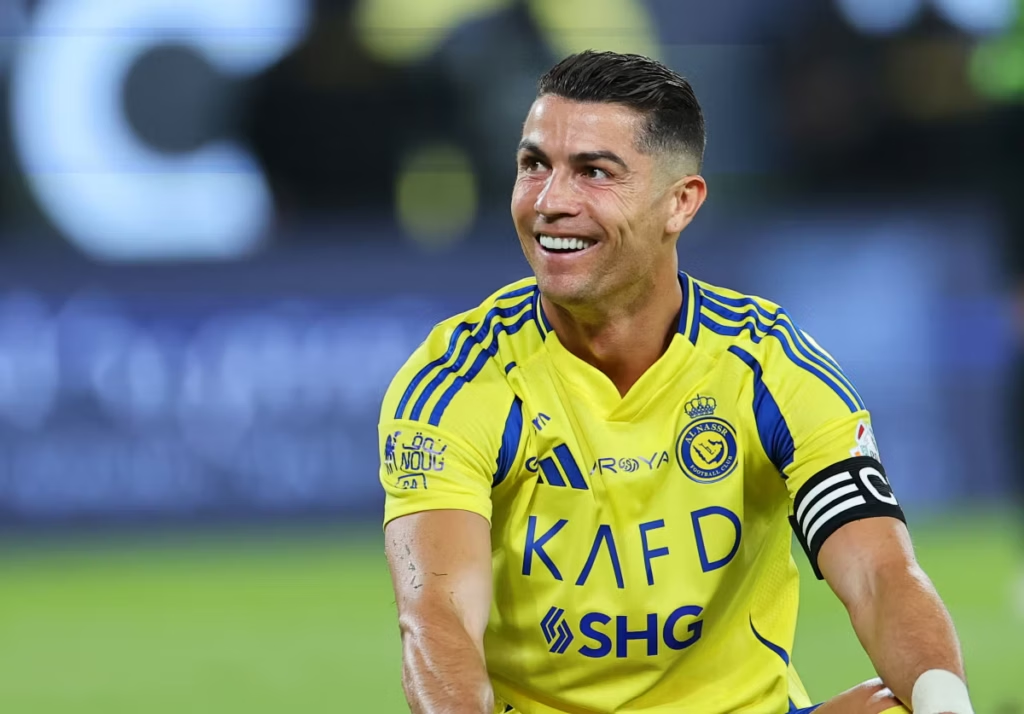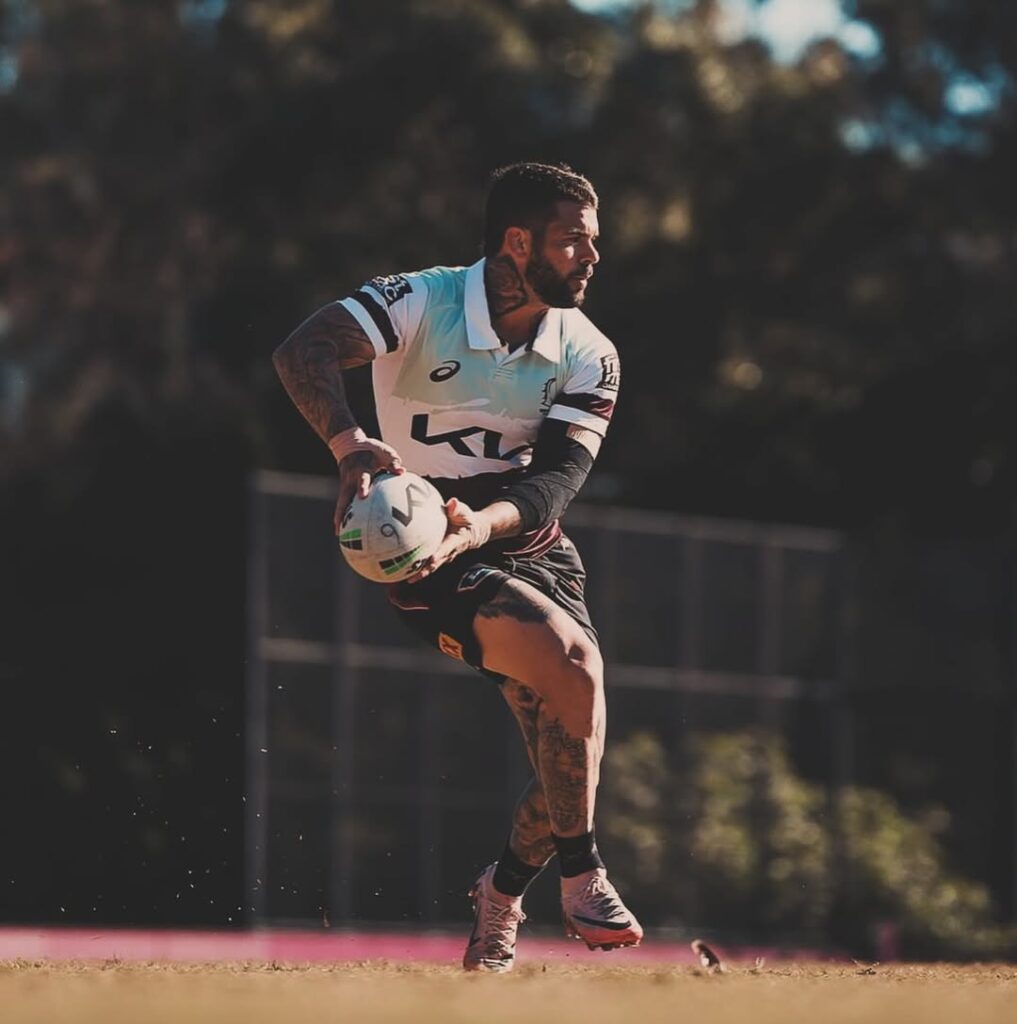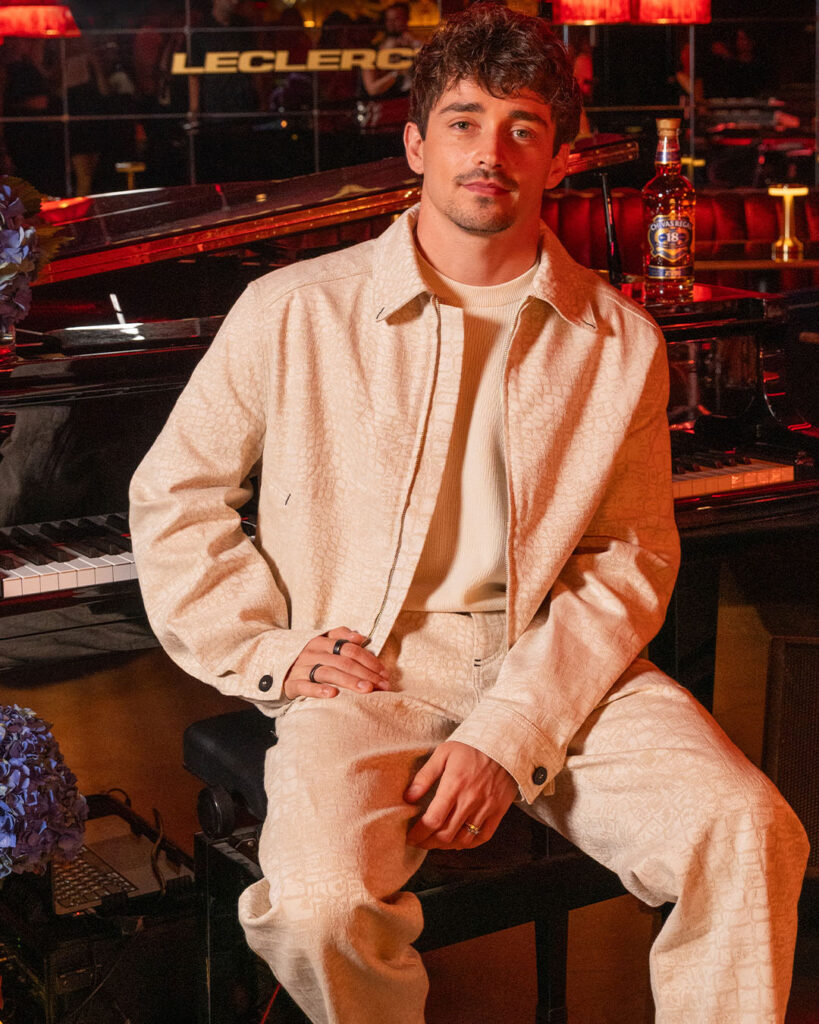For months, speculation concerning Novak Djokovic’s appearance at the Australian Open has continued to build, with fans and organisers alike unsure whether the men’s World No.1 would play at the famed tournament – one he’s come to dominate in recent years since cementing his place as one of the best the sport has ever seen. After dodging questions regarding his vaccination status in press conferences and interviews, Djokovic finally revealed that he would be returning Down Under to defend his title, having received a medical exemption to play without being fully vaccinated against Covid-19. But despite travelling all day from Dubai to Australia, Djokovic has now been told he will need to leave the country.
The tennis star touched down on an Emirates flight in Melbourne on Wednesday night, perhaps naive to the controversy surrounding such an arrival. When news broke of his medical exemption, it prompted nationwide fury at the decision after so many have been left stranded overseas or denied entry into the country, seeing them separated from family and loved ones as a result of the government’s hard stance against Covid-19. When Djokovic arrived in Melbourne, he entered a 12-hour standoff with government officials where he was held in a room overnight over questions about the evidence supporting a medical exemption from a coronavirus vaccine. The exemption was supposed to allow the 20-time Grand Slam champion to compete in the Australian Open.
In a shocking turn of events, Djokovic went from receiving special, last-minute permission to enter Australia, to boarding an intercontinental flight, to now being told by the Prime Minister of Australia that he was unwelcome and would need to leave within 24 hours. As the New York Times reports, “The pandemic has wreaked all manner of havoc with sports during the past two years. The Tokyo Summer Olympics were postponed for a year. Major events took place in empty stadiums. Star players have been sent into isolation just ahead of their competitions after testing positive for the virus. The situation involving Djokovic, one of the most polarising figures in the sport, was a match for any of them.”
The publication added, “It turned on a confrontation between a sports superstar and the most powerful leader in one of the world’s most prosperous countries, where government officials, citizens, the media and even some fellow players, criticised the exemption, seemingly prompting the sudden shift.”
Never one to shy away from voicing his opinions, Djokovic has made his stance on vaccinations clear, stating that they are a private and personal decision that should not be mandated. According to Craig Tiley, the chief executive of Tennis Australia, players seeking an exemption for the Australian Open had to provide ample evidence that was then processed by two panels of medical experts. PM Scott Morrison however chose to invoke the government’s authority to deny entry to Djokovic, explaining: “We await his presentation and what evidence he provides us to support that. If that evidence is insufficient, then he won’t be treated any different to anyone else and he’ll be on the next plane home. There should be no special rules for Novak Djokovic at all. None whatsoever.”
With the Australian Open scheduled for January 17, all eyes will be on Djokovic and his legal team to see how he navigates the situation and, more importantly, whether he will be permitted to play. With that in mind, here’s a running timeline of the visa saga that marred the world No 1’s quest to defend his title.
January 4
In an Instagram post shared to his social media, Djokovic confirmed that he would be heading to the Australian Open to defend his title after being granted a medical exemption to play. The tournament, which begins January 17, required all participants to be vaccinated against Covid-19, unless they held a medical exemption which had to be assessed (and approved) by an independent panel of experts.
Djokovic has repeatedly refused to confirm his vaccination status and has defended the right to keep such a status private, believing vaccination to be a personal choice. It’s in direct contrast to a number of high-profile athletes and sporting stars who have instead used their platform to encourage fans and the public alike to get vaccinated and protect themselves against the spread of Covid-19.
January 5
As news broke of Djokovic’s medical exemption, Australian Open tournament chief organiser Craig Tiley explained 26 players or their support staff from the 3,000 travelling had asked for an exemption, but only a handful were successful. “There’s been no special favour. There’s been no special opportunity granted to Novak,” he said in a press conference.
Despite this, Stephanie Parnis, a former Australian Medical Association vice-president, said it sent an “appalling message” to people trying to stop the spread of Covid-19.
January 6
Amid mounting backlash from the Australian public over Djokovic’s arrival in Australia, the government began to step in. It was later announced that Australia had cancelled the entry visa of Djokovic on his arrival in Melbourne, with the Australian Border Force releasing a statement that read: “Mr Djokovic failed to provide appropriate evidence to meet the entry requirements to Australia, and has been subsequently cancelled.”
The statement continued: “Non-citizens who do not hold a valid visa on entry or who have had their visa cancelled will be detained and removed from Australia.”
Djokovic was moved to an immigration detention centre while his lawyers lodged an appeal. With a divided public, news of Djokovic’s situation made international headlines and sparked an international debate between the Serbian President Aleksander Vucic and Prime Minister Scott Morrison. Vucic said he spoke with Djokovic on the phone and told him that “the whole of Serbia is with him and that our authorities are undertaking measures in order that maltreatment of the world’s best tennis player ends as soon as possible.”
Djokovic’s father, Srdjan, said his son was “held captive for five hours.” In a statement, he wrote: “Jesus was crucified and endured many things but is still alive among us. Novak is also crucified…the best sportsman and man in the world. He will endure.”
Offering his own thoughts on the saga, Rafael Nadal – Djokovic’s long-time rival and fellow 20-time Grand Slam winner – said: “He made his own decisions and everybody is free to take their own decisions, but then there are some consequences.”
January 7
Taking to Instagram, Djokovic thanked his fans for their support: “Thank you to the people around the world for your continuous support. I can feel it and it is greatly appreciated.”
His statement came at the same time that Czech doubles player Renata Voracova also ended up at the same detention facility as Djokovic after entering on an exemption and recently recovering from Covid. The 38-year-old told Czech media reporters that the centre is “like a prison” with guards on every floor. With Djokovic quarantining in a Melbourne hotel where almost 30 asylum seekers have been held for over a year, the visa saga has also shone a spotlight on Australia’s highly criticised detention policy.
January 8
In a 32-page court filing, Djokovic’s lawyers expressed that he was given a Covid-19 vaccine exemption because he tested positive for the virus on December 16. It was later claimed that Djokovic was at a young players event in Belgrade the following day, without a mask. The Belgrade tennis federation had expressed in a Facebook post dated after the December 17 ceremony, that Djokovic had been handing out cups and awards to best young players in 2021.
Djokovic’s lawyers also expressed that he was held at Melbourne airport on his arrival for eight hours, with no phone for communication with lawyers or officials.
January 9
Despite having a few fiery match-ups on court, Nick Kyrgios spoke out in defence of Novak Djokovic, pleading with the Australian public to not be so hard on the tennis star. As Djokovic continues to be held at an immigration detention centre, Kyrgios expressed on his No Boundaries Podcast: “I’m not siding [with Djokovic], the guy is a human – I just want him to be treated like a human.”
Kyrgios went on to add: “If a fellow Aussie was in Serbia and they were in a similar state, would we want one of our fellow Australians treated like this? No. Would we expect our 20-time Grand Slam champion to be treated like this? No, we wouldn’t. He’s not even being treated like a human anymore.”
Kyrgios stressed that it was important to not base Djokovic’s character on this isolated incident, but to instead look at what he’s done for the sport of tennis, the community surrounding it, and Australia at large. During the bushfires that destroyed countless homes and devastated communities, Djokovic was all too willing to lend his support and contribute. “He’s done a lot [for Australia]. When we had the bushfires, he was supporting us,” said Kyrgios. “Most of these normal people who are talking shit, they didn’t do shit for the bushfires. I’m sure some of these people who sit on their couches and comment all day – if they were in his position – they wouldn’t give back at all. When we needed help, he was so keen to help.”
January 10
Now, Djokovic awaits a Covid heading which will determine whether he can defend his men’s singles title at the Australian Open commencing January 17. Border officials remain adamant that they denied the star entry because he didn’t provide sufficient evidence for the exemption to justify being allowed entry without the country’s required Covid-19 vaccination. Should Djokovic’s appeal fail, he could be barred from entering Australia for three years, under rules governing visa cancellations.
January 11
An Australian judged ordered the release of Djokovic from immigration detention, bringing an end to the five-day saga surrounding the tennis star and his visa in light of the medical exemption he was afforded to compete at the Australian Open. That said, the ruling doesn’t guarantee that Djokovic will be able to take to the court in the tournament.
Judge Anthony Kelly found that Djokovic had been treated unfairly after his arrival at Melbourne airport for the Open, where he had been cleared to play with a vaccination exemption, which stemmed from what his lawyers said was an infection he had in mid-December.
As the New York Times reports, “After Djokovic was detained, the border authorities promised to let him speak with tournament organisers and his lawyers early Thursday, only to cancel his visa before he was given a chance.”
While government lawyers have since suggested that they could still see the immigration minister cancel Djokovic’s visa which could lead to a three-year ban on his entering the country, Djokovic seemed committed to staying in the country and competing in what could be his 10th Australian Open title. Hours after being freed from custody, the star posted a photo of himself on the court at Rod Laver Arena. He captioned the image: “I am pleased and grateful that the judge overturned my visa cancellation. Despite all that has happened in the past week, I want to stay and to try to compete at the Australian Open. I remain focused on that. I flew here to play at one of the most important events we have in front of the amazing fans. For now I cannot say more but THANK YOU for standing with me through all this and encouraging me to stay strong.”









